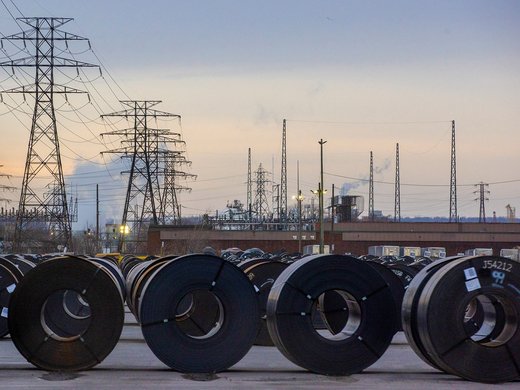For all of US President Donald Trump’s misconceptions about trade, many economists share his administration’s concern about the World Trade Organization’s (WTO’s) ineffectiveness in dealing with China’s economic policies. Trade experts across the political spectrum agree that the role of the Communist party-state in the Chinese economy has become so pervasive and opaque that key elements are beyond the scope of WTO rules. But the trade body is by no means impotent in this regard. Many countries have obtained redress by bringing complaints against China to WTO tribunals, and Beijing generally complies when it loses.
To shed light on this issue, this paper examines two WTO cases involving China in detail — one a Chinese loss, the other a Chinese victory. The purpose is to show how the system works, and highlight its strengths and weaknesses, especially with regard to China. The second case is a landmark, and is especially troubling because Beijing won on a crucial point — where does China’s truly private sector end and the party-state begin? This case also illuminates another worrisome problem facing the WTO, namely US actions that threaten to undermine the trade body’s dispute settlement system.
Taken together, these two cases illustrate why the WTO should be viewed as well-suited in many respects to fulfilling its mission — and well worth preserving — but far from perfect regarding the quandaries posed by China, and sorely in need of other improvements as well.


